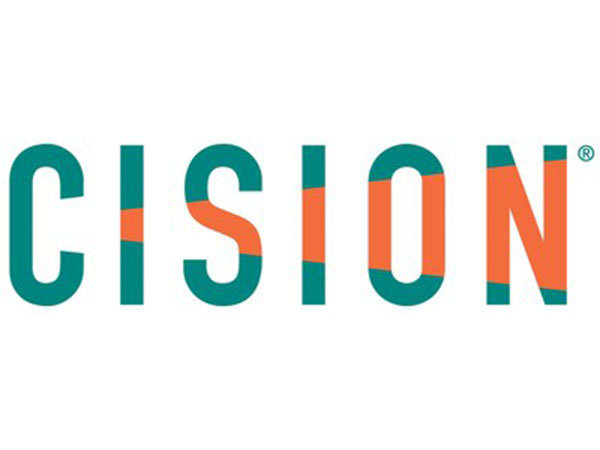Fear of the rise of the far right in Europe
Jun 17, 2024
Washington [US], June 17: The rise of the far right in Europe makes many people worry about major impacts inside and outside the region and causes many people to take to the streets to protest.
AFP on June 16 reported that hundreds of thousands of people took to the streets across France to protest against the rise of the far right. The protests took place ahead of early parliamentary elections in President Emmanuel Macron's effort to prevent the growth of the far right, which has also caused concern across Europe
Massive protests
In Paris, police estimated 75,000 people participated in right-wing protests, responding to calls from newly formed left-wing unions, associations and political alliances.
Meanwhile, the French General Confederation of Labor said that up to 640,000 people participated in 182 protests across the country, including 250,000 protesters in Paris. From the Bayonne region in the southwest to Nice in the southeast, from Vannes in the west to Reims in the east, protesters protested the prospect of a far-right victory in the legislative elections.
Police arrested 20 people, including nine in Paris, while five police officers suffered minor injuries while dealing with the protests. Tensions occurred in the Rennes and Nantes regions of western France
The risk is multifaceted
President Macron believes that early elections are the only way to deal with the wave of far-right rising to gain dominance. The leader said that the far-right National Rally party has an "ambiguous stance on Russia" and wants France to leave the North Atlantic Treaty Organization (NATO). Not only in France, the far right also penetrated the votes of young people in many countries during the European Parliament elections from June 6 to 9.
According to Reuters, citing observers, a generation growing up in a context of constant crisis is looking for new answers, as well as being influenced by politicians who are familiar with TikTok
Experts at the British Royal Institute of International Studies (Chatham House) noted a trend at both the national and European Union (EU) levels increasingly supporting populist and nationalist parties. and in some cases Eurosceptic parties.
In Finland, Sweden, the Netherlands, Italy and Croatia, the far right is part of the governing coalition. In Austria, the far-right party is leading the polls ahead of national elections in September. In Portugal and Slovakia, the far-right won significantly increased shares of the vote in recent national elections This.
The common highlight of many far-right parties is their hostile attitude towards immigration, taking advantage of this controversial issue to exploit the frustration of some people about medical issues, health and costs. living. In addition, many far-right parties oppose the EU's Green Deal on climate, energy, transport and tax policies aimed at net zero emissions by 2050. Regarding foreign affairs, they underestimate the opening expanding the EU to ensure the security of the bloc and its neighbors. In addition, far-right parties see better guarantees of national sovereignty as something that must precede economic policy
Source: Thanh Nien Newspaper








